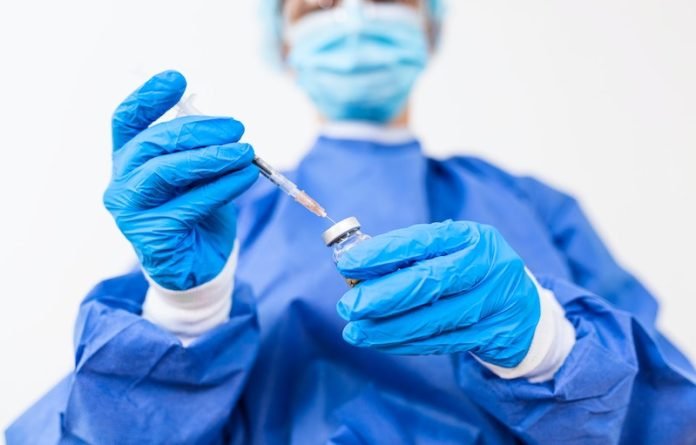
In a study from Massachusetts General Hospital and elsewhere, scientists designed a mathematical model that can predict the course of vaccine-induced immunity against COVID-19 in different patient populations over the long term.
This includes otherwise healthy people and those who have cancer or suppressed immune responses.
The model also makes predictions under potential future scenarios (such as the emergence of SARS-CoV-2 variants with greater immune evasion) and reveals the benefits of the new bivalent vaccines.
The model builds on the team’s previously developed mathematical framework that they used to understand why treatment responses vary widely among people with COVID-19 and to identify biological markers related to these different responses.
In this latest study, the scientists addressed the need for predictions of vaccine effectiveness over time.
They used this model to simulate how differences in viral, patient, and vaccine characteristics may affect COVID-19 outcomes.
For example, the model incorporates different variants of SARS-CoV-2 (including hypothetical ones), original and bivalent forms of the vaccine, and different considerations for certain patients—such as interactions between the virus, immune cells, and tumor cells in individuals with cancer.
The model predicted that a booster dose of either the Pfizer-BioNTech or Moderna mRNA vaccines can induce robustly enhanced antibody- and immune cell–based responses against SARS-CoV-2 to provide sufficient protection for more than 1 year in healthy individuals.
However, the model suggested that for people with suppressed immune responses or those with cancer receiving immunosuppressive treatments, the booster effect may wane fairly quickly.
These patients should therefore be given booster vaccines on a more frequent basis.
For people receiving the Johnson & Johnson/Janssen vector vaccine, additional booster doses should be considered for everyone.
The analysis also revealed that the optimal schedule for vaccine booster doses is not the same for all SARS-CoV-2 variants.
The team says these results could help inform the timing of booster vaccinations in individuals with different characteristics and comorbidities, as well as for novel viral variants.
If you care about COVID, please read studies about Vitamin D deficiency linked to severe COVID-19, and Mediterranean diets could help people recover after COVID infection.
For more information about COVID, please see recent studies about the evidence of rare blood clots after COVID-19 vaccination, and results showing 17 health problems linked to long COVID.
The study was conducted by Rakesh K. Jain et al and published in PNAS.
Copyright © 2023 Knowridge Science Report. All rights reserved.



